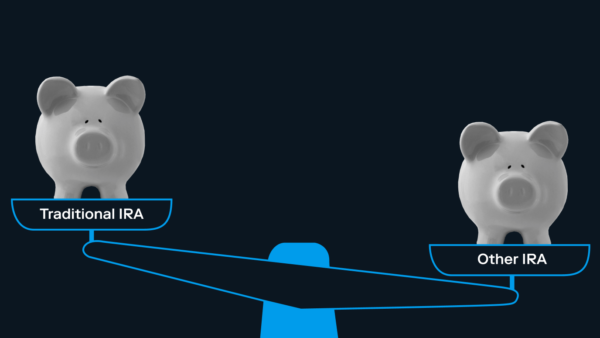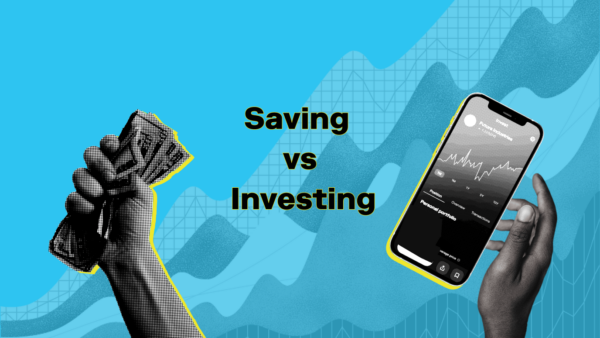Jun 23, 2022
Why Inflation is Causing Anxiety for Americans
Inflation fears are keeping people up at night, but talking about money can help.

It’s hard to go anywhere these days without hearing about inflation and experiencing it firsthand. In fact, as inflation has reached a 40-year high in recent months, consumers can’t seem to stop thinking about it.
That’s according to a new online survey* of 1061 consumers, conducted by Stash in May, 2022. The survey found that while financial well-being is a top concern for most people, ranking it a seven out of ten for impact on mental health, nearly two thirds of respondents said inflation has been causing stress recently.
And for good reason. Inflation is running at 8.6 percent, reaching levels not experienced since the early 1980s. And it’s much higher for items like groceries and gas, which have seen 10 percent and 50 percent increases respectively since May.
Here’s what else the survey found:
- Nearly 60% of survey respondents said inflation has affected their mental health, with more than two thirds of consumers saying it makes them anxious.
- The impact on younger generations and women was even greater, with 68 percent of millennials and 71 percent of Gen Zers saying inflation has affected their mental wellbeing. (Generation Z is defined as those who are currently between the ages of 18 and 24; Millennials are people who are currently 25 to 38 years old.) What’s more, 60 percent of women said inflation was taking a toll on their mental health, compared to 52 percent of men.
- 39 percent of respondents say they’re worried about groceries increasing due to inflation, followed by gas (28 percent); rent (18 percent); and entertainment (5 percent).
- Almost half (49 percent) of respondents said that inflation has forced them to cut back on things and activities that make them happy
Talking about money can help
At the same time, people appear hesitant to talk about money and inflation with their families. Of respondents with children, just over half of women said they have spoken to their kids about inflation, compared with 45 percent men. However, more women (12 percent) said they are too embarrassed to speak to anyone about their finances, compared to 10 percent of men.
These findings correlate with past Stash surveys, which show that consumers are generally hesitant to speak about money, with the exception of younger generations, who tend to talk more openly about it.
Talking about money with friends, family, and colleagues potentially can help people become more financially knowledgeable, manage their finances more intelligently, and could even help address things like the pay gap.
Follow the Stash Way
In addition to having conversations about money with family and friends, Stash recommends following the Stash Way, which includes setting a budget, regular saving into an emergency or rainy day fund, and regular investing once these other goals have been met.
*This survey was conducted online within the United States by Stash using SurveyMonkey technology in May 2022. The survey was completed by 1,061 people. Of the 1,061 individuals, 45.25% (480) identified as men; 52.12% (553) identified as women; 1.51% (16) identified as nonbinary or gender nonconforming; 1.13% (12) chose not to disclose. 13.01% (138) identified as “Gen Z,” as defined by birth year of respondents between the ages of 18-25; 31.20% (331) identified as “Millennials,” as defined by birth year of respondents between the ages of 26-41; 26.01% (276) identified as “Gen X,” as defined by birth year of respondents between the ages of 42-57; 16.31% (173) identified as “Boomer,” as defined by birth year of respondents between the ages of 58-67; and 13.48% (143) identified as age 68 and over—all as of May 2022.This material has been distributed for informational purposes only, and is not intended as investment, legal, or tax advice.
Related Articles

15 Largest AI Companies in 2024

The 12 Largest Cannabis Companies in 2024

What Is a Traditional IRA?

Saving vs. Investing: 2 Ways to Reach Your Financial Goals

How To Invest in the S&P 500: A Beginner’s Guide for 2024

Stock Market Holidays 2024





